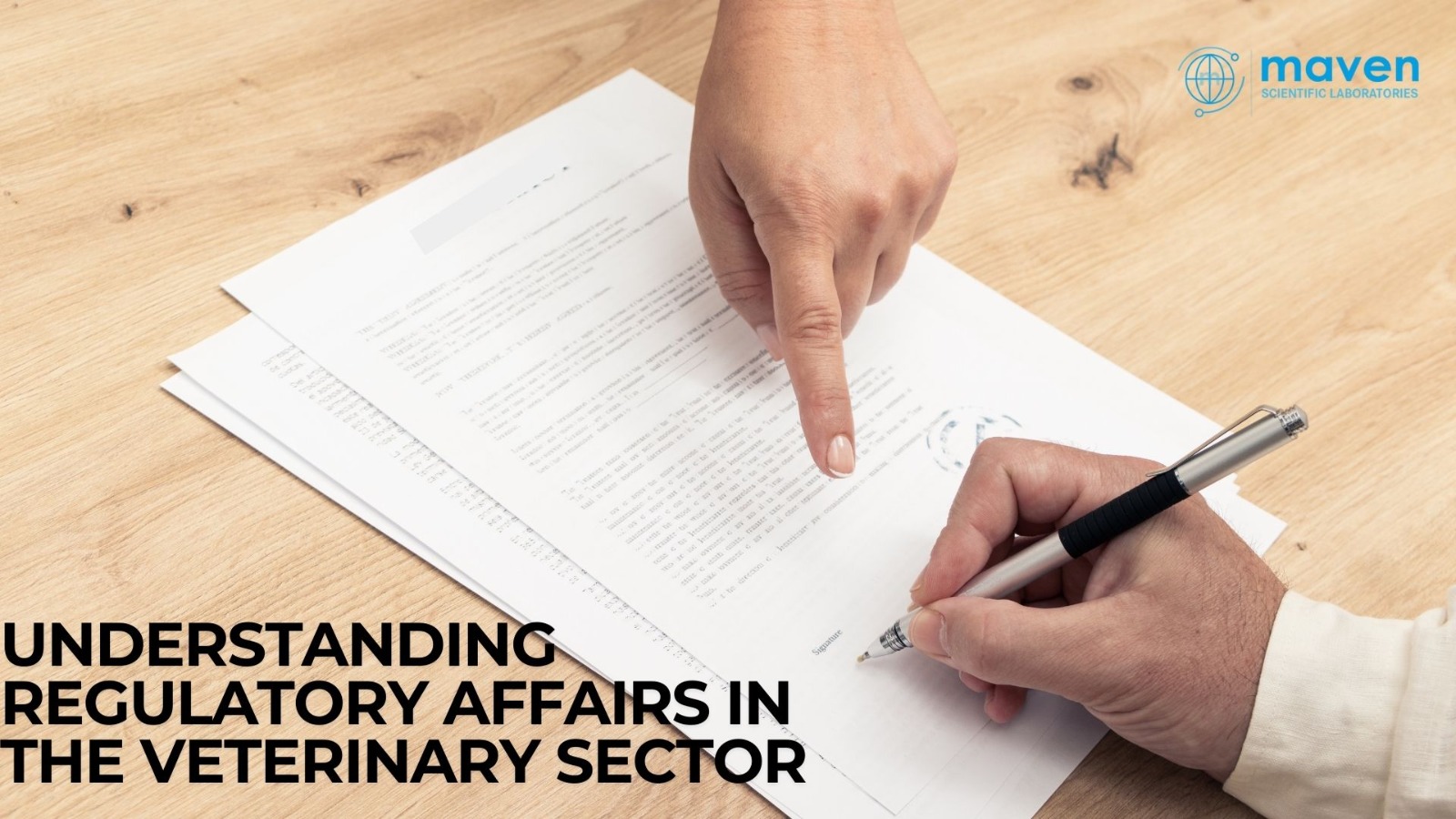
Understanding Regulatory Affairs In The Veterinary Sector
Regulatory affairs in the veterinary sector encompass a range of processes and activities that ensure veterinary products meet all necessary regulatory requirements before they can be marketed. This field is critical for maintaining public health, animal welfare, and environmental safety.
Key Regulatory Bodies
1. FDA Center for Veterinary Medicine (CVM)
The CVM is a branch of the FDA in the United States responsible for regulating animal drugs, feeds, and veterinary devices. Its primary focus is to ensure that these products are safe for animals, do not harm the environment, and are properly labeled. Companies must navigate both federal regulations and state-specific requirements to successfully market their products
2. European Medicines Agency (EMA)
The EMA oversees the scientific evaluation and safety monitoring of medicines in the European Union (EU). Within this framework, the Committee for Medicinal Products for Veterinary Use (CVMP) evaluates veterinary medicines' safety and efficacy. Each EU member state has its own regulatory authority that collaborates with the EMA to enforce compliance with both EU-wide and national regulations. Examples include:
- Germany: Federal Office of Consumer Protection and Food Safety (BVL)
- France: National Agency for Medicines and Health Products Safety (ANSM)
- Spain: Spanish Agency of Medicines and Medical Devices (AEMPS)
- Italy: Italian Medicines Agency (AIFA)
- Netherlands: Medicines Evaluation Board (CBG-MEB)
3. Latin American and Caribbean Authorities
In Latin America and the Caribbean, various regulatory bodies oversee veterinary products, including:
- Brazil: ANVISA
- Mexico: COFEPRIS
- Colombia: INVIMA
- Argentina: SENASA
- Chile: ISP
- Peru: DIGEMID
- Ecuador: ARCSA
- Dominican Republic: Ministry of Public Health and Social Assistance
These agencies have specific requirements for product registration and regulation, emphasizing the importance of understanding local regulations
Role of Regulatory Affairs Professionals
Regulatory affairs professionals are essential in guiding companies through the complex landscape of regulations governing veterinary products. Their responsibilities include:
- Ensuring compliance with local, national, and international regulations.
- Managing the submission of documentation required for product approval.
- Advising on marketing strategies that align with regulatory requirements.
- Facilitating communication between companies and regulatory agencies
These professionals play a vital role throughout the product lifecycle—from initial development to post-marketing surveillance—ensuring that all products are safe, effective, and compliant with legal standards
Conclusion
Understanding regulatory affairs in the veterinary sector is crucial for companies aiming to market veterinary products successfully. Regulatory bodies such as the FDA, EMA, and various national authorities establish guidelines that ensure product safety and efficacy. Regulatory affairs professionals are integral to navigating these complex regulations, facilitating compliance, and ultimately contributing to public health and animal welfare.







